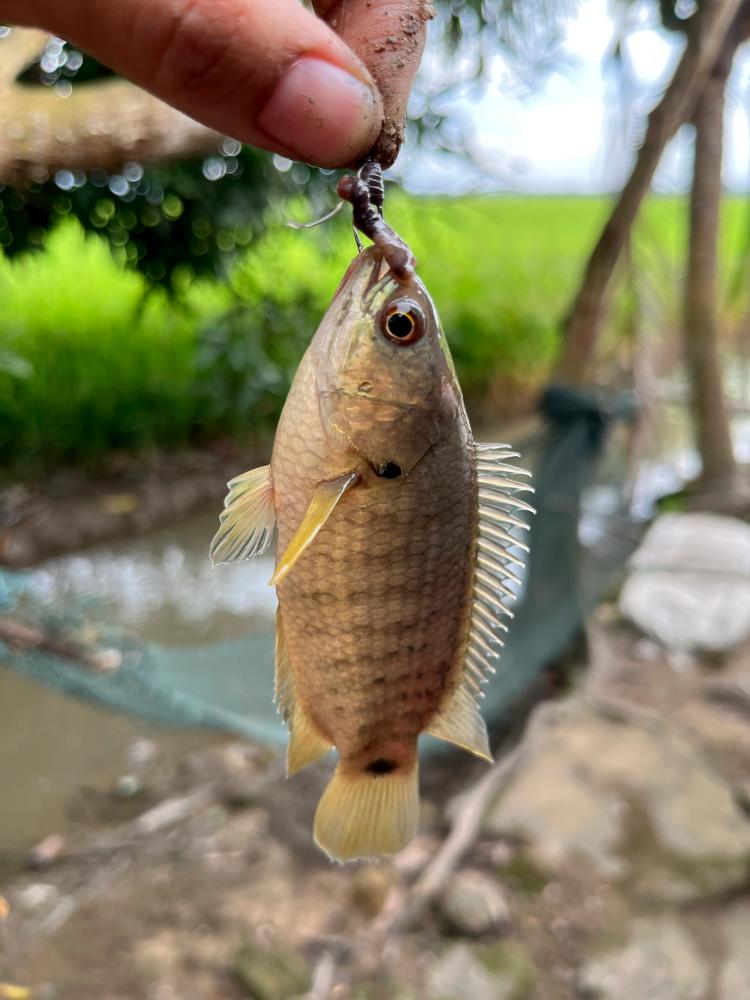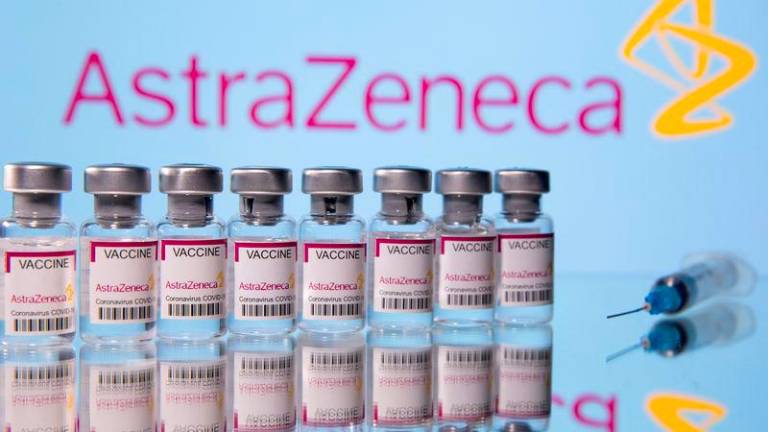PETALING JAYA: A groundbreaking study has discovered that the mucus on the skin of a freshwater fish, Anabas testudineus (A. testudineus) or Ikan Puyu, contains proteins that could prevent the growth of breast cancer cells.
The study, titled “Anti-Breast Cancer Synthetic Peptides Derived from the Anabas testudineus Skin Mucus Fractions” was conducted by INTI International University Faculty of Health and Life Science senior lecturer Dr Douglas Law, in collaboration with University Kebangsaan Malaysia Faculty of Science and Technology Assoc Prof Dr Mohd Shazrul Fazry Sa’ariwijaya and Dr Ahmad Abdul
Kareem Najm.
The study found the fish was unique in that it could live in polluted environments due to its epidermal mucus, which protects it from pathogens. It was also observed that Ikan Puyu has remarkable resilience in harsh environments.
“The mucus on its skin contains anti-microbial peptides (AMP) that could function as a protective shield, safeguarding it against potentially harmful micro-organisms and maintaining its health,” Law said.
“AMP have attracted the attention of numerous researchers due to its ability to combat detrimental microorganisms and abnormal cell growth, including tumours.”
He added that AMP act as a natural defence system that helps protect against infections and could help control abnormal cell growth.
“This breakthrough emphasises the importance of safeguarding and preserving our valuable freshwater life to ensure their critical contribution to our fragile ecosystem.”
A. testudineus is a hardy fish found in freshwater habitats across Asia. It is also known for its ability to survive in low-oxygen environments and remain out of water for extended periods.
Law said before conducting the experiments, the fish were kept in an aerated tank with a temperature maintained at around 28°C and provided with a constant supply of food.
The study, published in the journals Nature Scientific Reports and Sains Malaysiana, stated that the fish were then observed in difficult environments.
It was found that the fish mucus contained several bioactive peptides with potential anti-cancer properties.
“The AMP in the fish mucus have properties that allow them to fight against harmful microorganisms, preventing infections and promoting its overall well-being.”
Law added that in the case of the A. testudineus skin mucus fractions, his team isolated specific peptides from the mucus and synthesised them in a laboratory.
“The use of peptides derived from natural sources, such as the skin mucus of A. testudineus, offers potential advantages in terms of therapeutic applications.
“These peptides may provide a basis for the development of novel drugs or therapies that could be used to prevent, treat and manage breast cancer. However, more in-depth research is necessary to fully validate our findings before the peptides can be introduced and utilised in medical practice.
“Our findings offer cancer patients hope and highlight how nature could provide solutions to global health challenges. But we need to take measures to protect water sources from pollution, implement regulations for fishing practices to prevent excessive exploitation and promote conservation initiatives.”
Law also said the government needs to work towards improving healthcare accessibility to ensure cancer prevention measures and screenings are readily available to the public.
“By fostering partnerships and providing platforms for knowledge exchange, the government could encourage innovation, streamline research efforts, raise community awareness and promote the translation of scientific discoveries into tangible healthcare solutions.”










